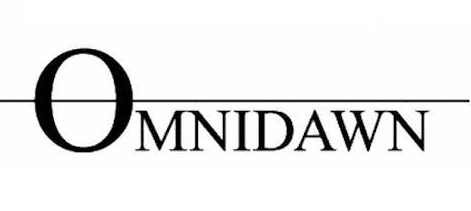Book prizes abound this month! If you are at work on a full-length manuscript, consider submitting to one of the following contests, which all close on September 30. One contest is exclusively open to women poets over 40 who have not yet published a book in any genre. There is also one essay contest and a prize for an individual poem.
Boulevard Nonfiction Contest for Emerging Writers: A prize of $1,000 and publication in Boulevard is given annually for an essay by a writer who has not published a full-length book in any genre with a nationally distributed press. The editors will judge. All entries are considered for publication. Entry fee: $16 (includes subscription).
California State University in Fresno Philip Levine Prize for Poetry: A prize of $2,000 and publication by Anhinga Press is given annually for a poetry collection. Carmen Giménez Smith will judge. Entry fee: $22 ($25 for electronic submissions).
Carlow University Patricia Dobler Poetry Award: A prize valued at $2,000 is given annually to a woman poet over 40 who has not published a book in any genre. The winner receives $1,000, publication in Voices From the Attic, and travel and lodging to give a reading with the contest judge at Carlow University. Lee Ann Roripaugh will judge. Entry fee: $20.
Dzanc Books Prizes: Three cash prizes and publication are given for a novel ($5,000), a story collection ($2,500), and a nonfiction book ($1,500). Nina Shope, David Tromblay, and Anne Valente will judge for the novel prize. Entry fee: $25.
Ghost Story Supernatural Fiction Award: A prize of $1,500, publication on the Ghost Story website and in the Ghost Story print anthology, 21st Century Ghost Stories, is given twice yearly for a short story with a supernatural or magic realism theme. Lesley Bannatyne will judge. Entry fee: $20.
Red Hen Press Fiction Award: A prize of $1,000 and publication by Red Hen Press is given biennially for a short story collection or a novel. Aimee Liu will judge. Entry fee: $25.
University of Arkansas Press Miller Williams Poetry Prize: A prize of $5,000 and publication by University of Arkansas Press is given annually for a poetry collection. Patricia Smith will judge. Entry fee: $28.
University of Iowa Press Short Fiction Awards: Two awards of publication by University of Iowa Press are given annually for first collections of short fiction. Entry fee: None.
University of Massachusetts Press Juniper Prizes: Five prizes of $1,000 each and publication by University of Massachusetts Press are given annually for a first poetry collection, a poetry collection by an author who has previously published a book, a short story collection, a novel, and a book of creative nonfiction. The creative writing faculty at the University of Massachusetts in Amherst will judge. Entry fee: $30.
Winning Writers Tom Howard/Margaret Reid Poetry Contest: Two prizes of $3,000 each and publication on the Winning Writers website are given annually for a poem in any style and a poem that either rhymes or is written in a traditional style. Soma Mei Sheng Frazier and Vernon Keeve III will judge. Entry fee: $15.
Visit the contest websites for complete guidelines, and check out the Grants & Awards database and Submission Calendar for more contests in poetry, fiction, and creative nonfiction.






